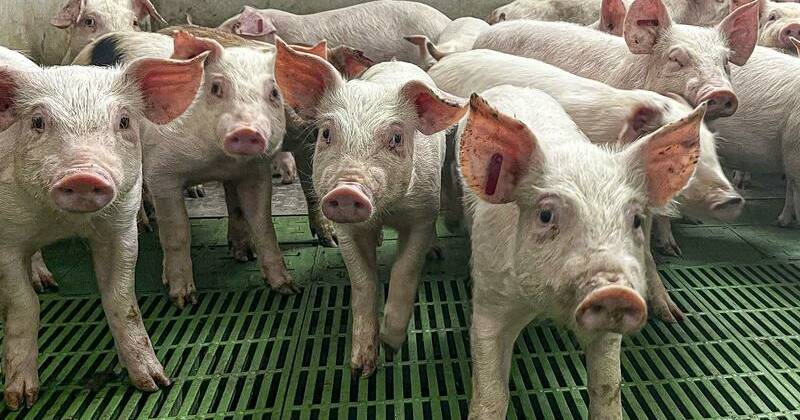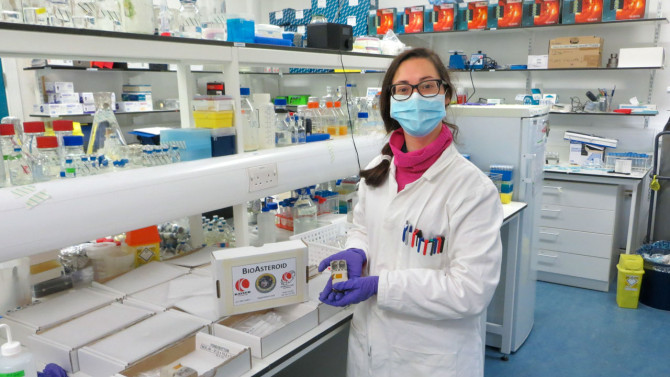
Lung cancer, traditionally associated with smoking, is increasingly being diagnosed in individuals who have never smoked. A groundbreaking global study has revealed that DNA mutations in lung tumors among non-smokers are linked to air pollution, suggesting a significant environmental role in the disease’s rising incidence worldwide.
The study, which involved 871 participants who had never smoked, identified a direct connection between fine-particle air pollution and cancer-driving DNA mutations in lung tumors. Notably, mutations typically associated with smoking, such as those in the TP53 gene, were also present in patients exposed to air pollution, indicating similar pathways of genetic damage.
Unveiling Environmental Risks
This discovery underscores the growing concern over environmental factors contributing to lung cancer. Ludmil Alexandrov, a professor at the University of California, San Diego, and the study’s senior author, highlighted the significance of these findings. “Our research shows that air pollution is strongly associated with the same types of DNA mutations we typically associate with smoking,” he stated.
Interestingly, some participants from Taiwan exhibited genetic signatures linked to aristolochic acid, a toxin found in certain Chinese herbal medicines, further expanding the scope of environmental risks. This highlights the complex interplay between various environmental factors and genetic predispositions in the development of lung cancer.
The Shift in Lung Cancer Paradigms
Lung cancer remains the deadliest form of cancer globally, and the increasing number of cases among non-smokers challenges traditional assumptions about risk factors. As smoking rates decline, environmental triggers like air pollution are gaining attention. Fine particulate matter, prevalent in urban and industrial areas, can penetrate deep into the lungs, causing direct DNA damage and accelerating mutations historically linked to cigarette smoke.
The revelation that air pollution can mimic the genetic signature of smoking raises urgent public health concerns, particularly in regions with high pollution levels and limited regulatory measures. This shift necessitates a reevaluation of lung cancer prevention strategies, emphasizing the need for stringent air quality regulations and public health initiatives.
Global Implications and Future Directions
The findings of this study have far-reaching implications for global health policies. As countries strive to reduce smoking rates, addressing air pollution becomes a critical component of cancer prevention efforts. The study’s results could influence policy decisions, prompting governments to implement stricter air quality standards and invest in cleaner technologies.
Moreover, the research opens new avenues for scientific exploration. Understanding the mechanisms through which air pollution induces genetic mutations could lead to the development of targeted therapies and interventions for lung cancer patients who have never smoked.
According to the World Health Organization, “Lung cancer causes more deaths than any other cancer, and the role of environmental factors is increasingly recognized.”
The study’s insights also emphasize the importance of public awareness campaigns to educate populations about the risks associated with air pollution. As the world grapples with the challenges of urbanization and industrialization, addressing environmental health risks becomes imperative for safeguarding public health.
In conclusion, the link between air pollution and lung cancer in non-smokers represents a paradigm shift in our understanding of cancer etiology. As research continues to unravel the complexities of environmental health, the findings of this study serve as a call to action for policymakers, researchers, and the public to prioritize clean air initiatives and reduce exposure to harmful pollutants.





